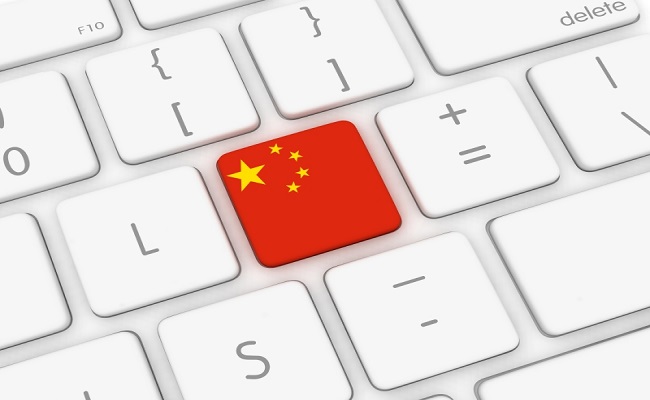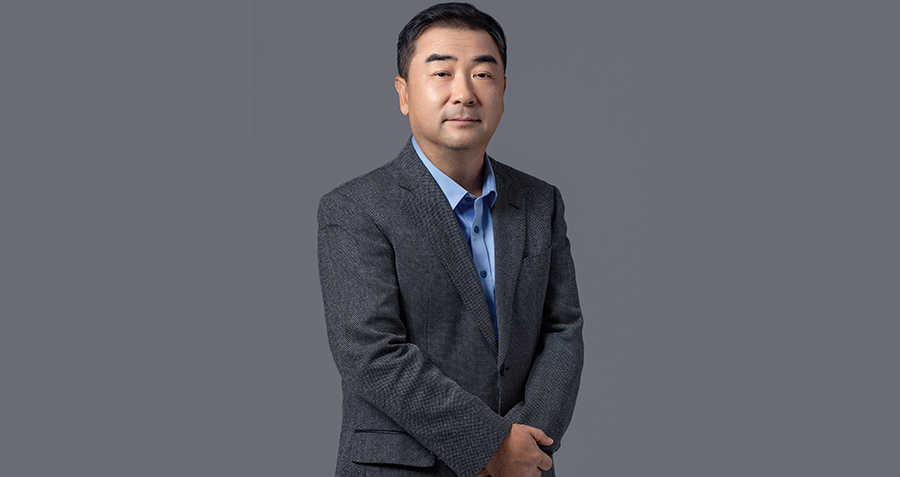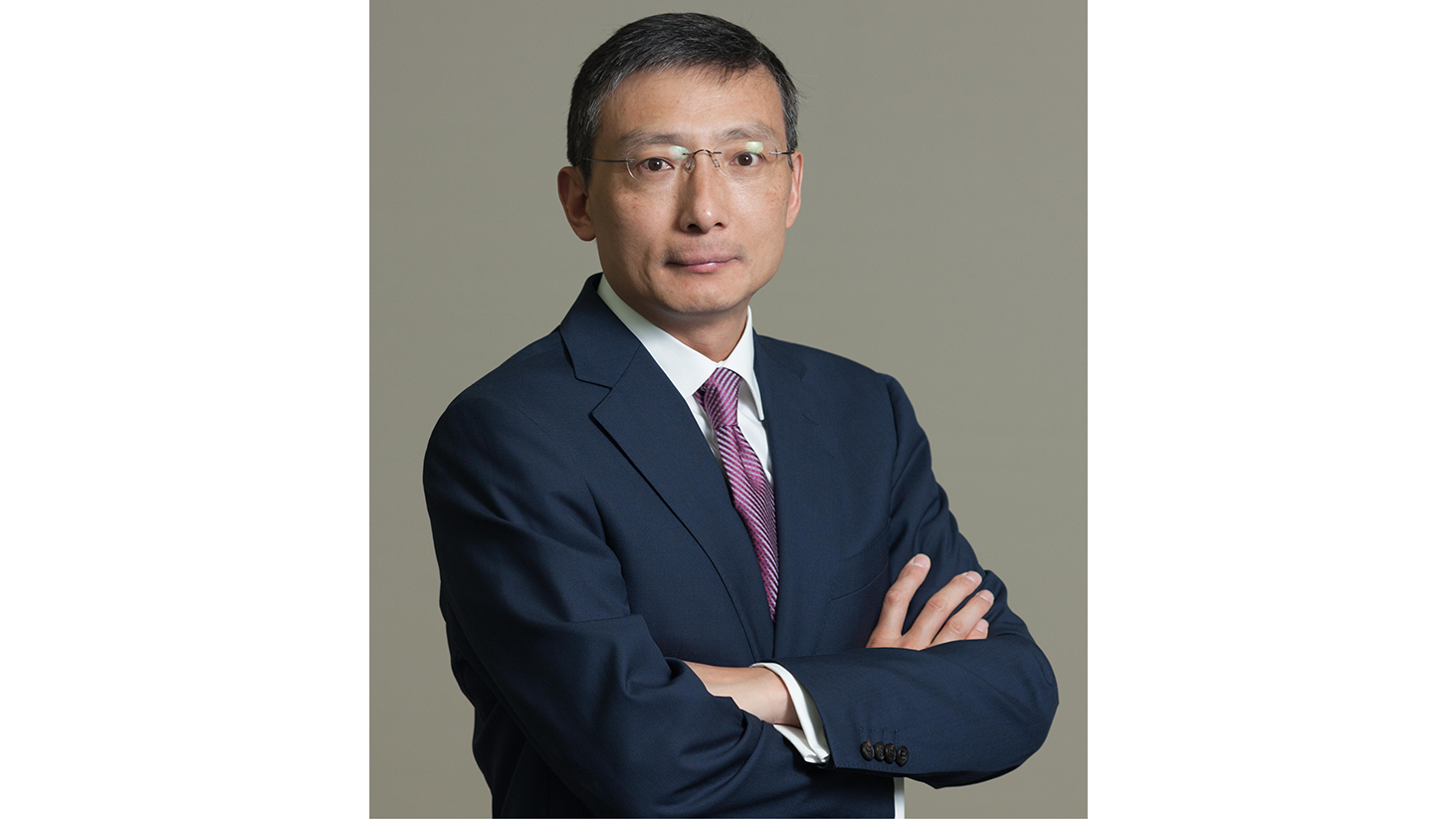This week, new worries about China’s economy came to the fore even as Beijing reemphasized its intent to continue with reforms; the Alibaba IPO roadshow raised huge interest in the US; and Apple’s iPhone 6 won’t be coming to China any time soon.
The Slowdown
Last week, a dip in China’s manufacturing Purchasing Managers Index (PMI) once again raised a key question: should Beijing do more to stimulate the economy? So far the answer is “no”, although data released this week is causing new worries that China’s recovery may be stalling.
According to the custom authorities, China’s imports fell 2.4% in August from a year ago, the second straight month of contraction (imports declined 1.6% year-on-year in July) due to sluggish internal demand and also declining commodity prices globally. On the other hand, China’s exports remained robust, jumping 9.4% from the same period last year, higher than the Reuters’ forecast of an 8% rise.
The polarization expanded July’s trade surplus (a monthly all-time high then) to a new record of $49.8 billion, putting pressure on the appreciation of RMB.
However, China’s credit growth surged in August, reversing a sharp fall in July, which was perceived as a one-time occurrence by economists. Banks in China issued $114.6 billion in new loans last month, compared with the $62.1 billion they lent in July (but still lower than June’s $174.2 billion).
Total social financing, a broader measurement of all credit received by the economy, rose to about $155.7 billion from July’s $44.3 billion. But the number pales in comparison with June’s $317.7 billion.
The credit level reflects Beijing’s policies to push forward structural reforms rather than introduce a more aggressive stimulus. On Wednesday, during a speech at the World Economic Forum’s Summer Davos event in Tianjin, Chinese Premier Li Keqiang said that as long as employment remain steady (as it is now), promoting reforms will help prevent major fluctuations and a hard landing of the Chinese economy; he made no indications of further loosening the country’s monetary policy.
But economists say that there’s room for China to do so, given that inflation is well under the official target of 3.5%. According to data released on Thursday, China’s Consumer Price Index (CPI) rose 2% in August from last year, slower than July’s 2.3% increase; Producer Price Index (PPI) continued to decline, falling 1.2% last month after the 0.9% contraction logged in July. Analysts worry that overcapacity in the housing market will keep dragging the economy through the rest of the year.
China’s Most Wanted Shares?
While China’s economic growth is still tepid, the forthcoming IPO of its largest e-commerce player Alibaba is anything but that.
Led by the group’s Co-founder and Chairman Jack Ma, the team kicked off the two-week Alibaba IPO roadshow this week to promote what could be the largest public offering in history.
On Monday, close to 900 (some say 1,000) investors lined up in front of the swank Waldorf Astoria hotel in New York (where the first roadshow meeting was held). According to witness accounts circulated on China’s social media, the queue circled the building as many as 18 times! Although naysayers still have questions about the IPO, the float has already been “covered” after just two days (in simple words, the company has already got enough orders for shares to cover the entire float), according to Reuters’ sources.
The initial price range of Alibaba’s shares (which will be traded under the ticker BABA) is set between $60 to $66. If the final price reaches the top end, the IPO would raise $21.1 billion, the biggest in US history (in comparison, Visa’s IPO, which is the largest in the US so far, raised $17.9 billion); if the underwriters choose to sell additional shares to meet the demand, it could raise as much as $24.3 billion, dethroning Agricultural Bank of China’s IPO of $22.1 billion in 2010, so far the world’s largest.
Bankers argue that even under the current price range, Alibaba’s deal is a bargain. Forecasts from both underwriters and outside banks point to $6.5 billion to $7 billion of profit in 2015; at the level of $7 billion, the middle price of $63 per share values the company 24 times its projected earnings next year, lower than Tencent’s 30 times.
Alibaba’s roadshow will continue next week in Asia and Europe—and it will be closely watched. Meanwhile the buzz around all things Alibaba, heightened by the IPO, refuses to die down. On Thursday, rumors that Alibaba would acquire Weibo, a Twitter-like Chinese social network listed on NASDAQ, pushed up the share’s price by 14%. Alibaba bought an 18% stake of Weibo last April before the company went public.
China’s “Apple” Famine
While Alibaba’s offering dominated chatter on Wall Street this week, the rest of the world had its eyes set on Apple’s latest smartphone launches—the iPhone 6 and 6 Plus. With long-overdue big screens, a new operating system and stunning cameras, these phones are expected to surpass the sales record of previous generation iPhones.
But Chinese customers still don’t know when they can start buying the new phones yet, even though many joked about their willingness to sell their kidneys just to get enough money.
The reasons behind the delay of the shipping date in China, despite various speculations, remain unclear to the public. The most plausible explanation is that the Chinese Ministry of Industry and Information Technology hasn’t approved the new iPhone to join the country’s networks; last year, the iPhone 5S and 5C were granted network access even before Apple formally launched the products.
The delay is already a trending topic on social media, where some are complaining that it’s ironic that China, where the iPhones are made, is not in the first or even the second batch of countries to get shipments of the phone. But according to the cheeky YouTube video below, Apple has a unique product “made” exclusively for China. Enjoy!

















